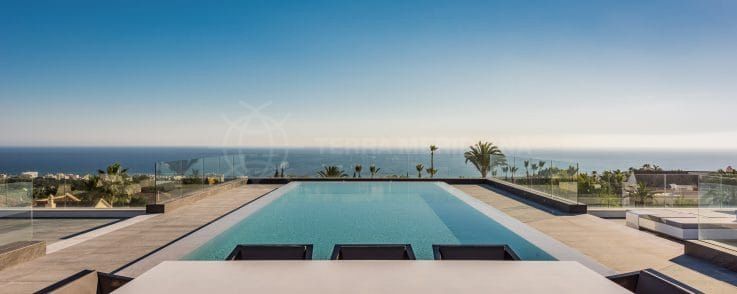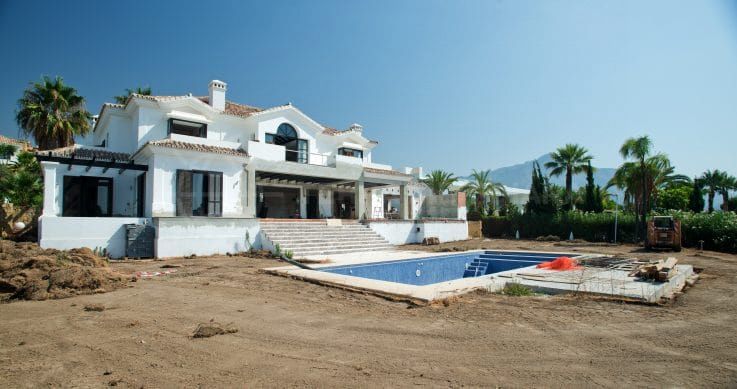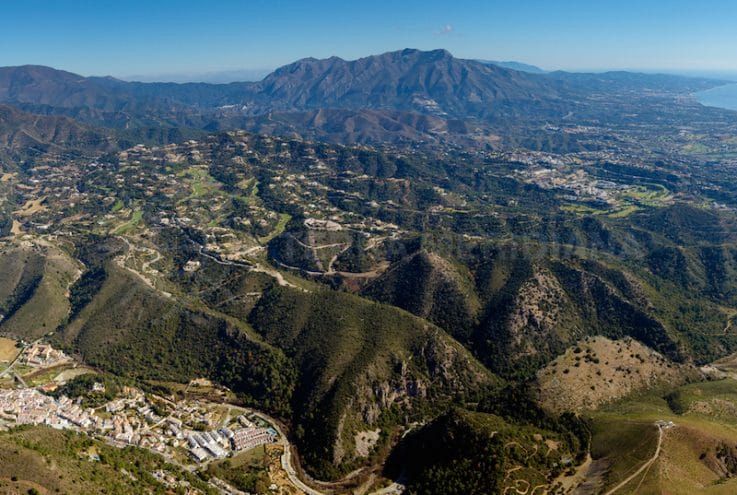
Buying a plot
If you want to build your own property in Spain, the first thing you need is a plot of land that can legally be built upon.
While most buildings may be altered to suit the owners’ needs, a plot is a lot less simple, and a lot more costly, to change, if it is possible to do so at all. As a result, we recommend you research exactly what can be done with, and what may be done near to, a plot of land you’re interested in buying to ensure you make a successful purchase. Your local Town Council’s planning department decides what, how, and when you can build on a plot of land.
Types of land
Under the 2008 Land Act, all land in Spain is classified as one of two types: rural or urban.
Rural land can be either green belt (protected for a variety of reasons) or urbanisable (not protected but not urban, due to a lack of town planning and infrastructure). Neither of these can legally be built upon, unless specific provisions apply in certain areas.
Urban land has to have, at least, electricity, sewage and water connections, street lighting, and vehicular access and is the only type that can legally be developed for residential purposes.
Town-planning certificate (certificado urbanístico)
Once you have found a plot, you need to obtain a town-planning certificate from the Town Council of the municipality where the land is located to confirm the type and any limitations on development, in line with the general town plan (Plan General de Ordenación Urbana, PGOU).
Certificates are issued by the local planning authorities and detail all the relevant planning requirements, including: minimum plot size for development, separation boundaries, maximum built area (as a ratio of the plot area, limited solely to area built above ground), maximum floor (also as a ratio of plot area), maximum roof height, and stipulations as to the style or design of a building. They may also include any planning liabilities concerning the plot, such as disciplinary proceedings or demolition orders.
You can ask for a certificate directly or commission a technical report from an architect, for which they will be legally liable in case of claims.
Possible restrictions
The PGOU and information in the Land Registry may impose restrictions on the development of a plot due to proximity to the coastline, waterways, and roads, as well as third-party rights of way (such as electricity, sewage and water connections). Any of these could result in the town council refusing to issue a building license, rendering construction illegal.
Geotechnical report (informe geotécnico)
Spanish law requires you commission a geotechnical report to determine the appropriate foundations for the property you wish to build and foresee any possible problems, taking into account factors such as soil type and composition, the presence of water, and any other aspects of the plot that could affect a construction upon it.
The report must be produced by an officially registered specialist provider, normally takes a week to complete, and costs normally between 1.000€ – 3.000€.
Topographical report (informe topográfico)
While not required by law, we recommend you commission a topographical report for plots that have sloping or otherwise difficult terrain for construction, or where boundaries are unclear. The report should be produced by a qualified topographer, normally takes a week to complete, and costs 300€ – 1.000€.
For further advice concerning buying a plot or for recommended suppliers please contact us.










